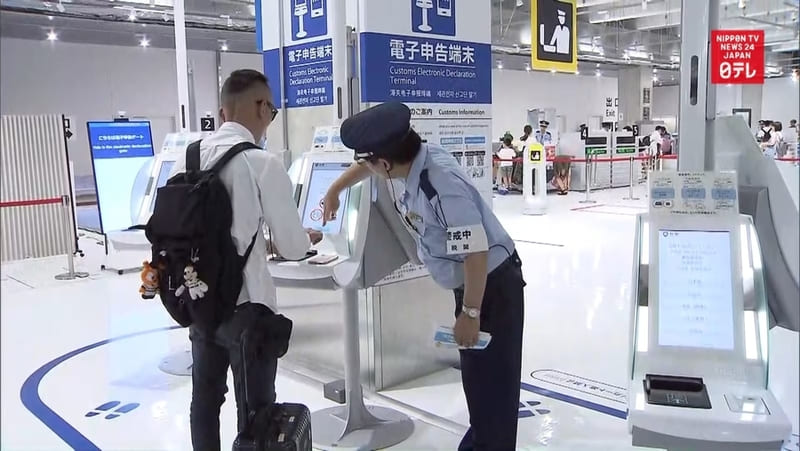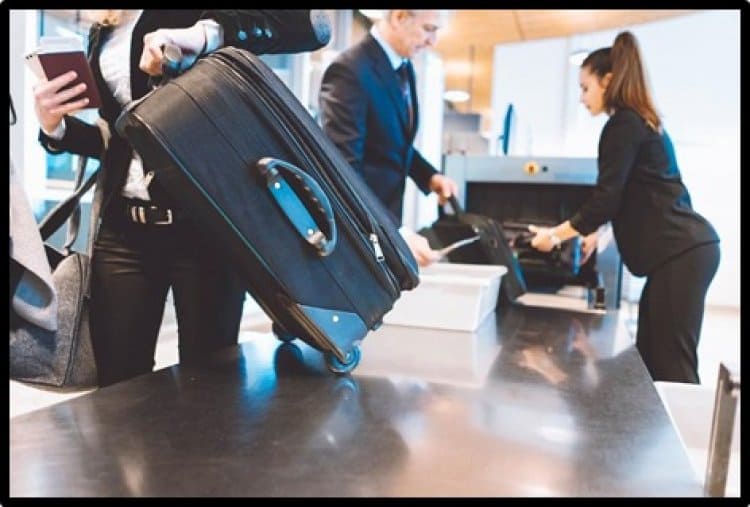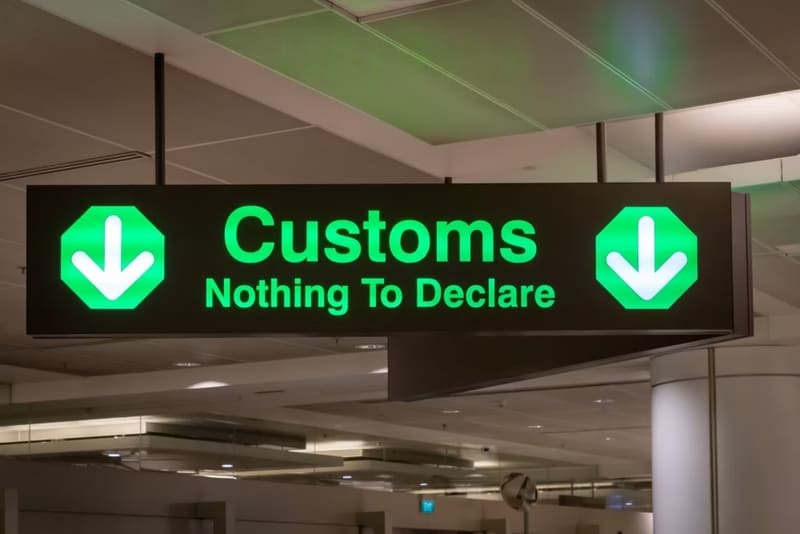
Even if you have the right travel documents for Japan, unforeseen situations that require assistance from your country’s embassy can arise.
Embassies are vital lifelines for foreign nationals, offering support, guidance, and services that ensure a secure experience.
Below, we explore the most common reasons visitors might need to visit their embassy during their stay, along with tips to make the process smoother.
Passport Services: Replacements and Renewals
Embassies can issue emergency travel documents or help with renewing an expired passport. These services are crucial for continuing your trip or returning home without major disruptions.
Tips:
- Carry extra passport-sized photos for quicker processing
- Keep a digital and printed copy of your passport in case of emergencies
- Report a lost or stolen passport to the local police before heading to the embassy, as a police report is often required
Legal and Emergency Assistance
Your embassy can provide critical support if you encounter legal troubles, such as being arrested or involved in a dispute. While they cannot directly intervene in legal matters, they can ensure fair treatment under Japanese law, recommend legal counsel, and notify your family or representatives.
Tips:
- Contact the embassy immediately if you are detained or need legal advice
- Always carry a copy of your visa and identification to prove your legal status in Japan
- Familiarize yourself with Japanese laws to avoid unintentional infractions, such as rules around prohibited items or cultural customs
Medical Emergencies and Healthcare Guidance
If you face a medical emergency, embassies can recommend English-speaking doctors or hospitals and help coordinate care. For severe cases, they may assist in arranging medical evacuation or contacting your insurance provider.
Tips:
- Carry travel insurance that covers international medical care and evacuation
- Save the emergency contact number for your embassy and your insurance company
- Keep a list of medications you take and their generic names, as brand names may vary in Japan
Financial Issues: Emergency Funds and Support
Embassies can help connect you with family or friends for financial assistance. In some cases, they can advise on how to access emergency loans or funds through private channels.
Tips:
- Keep a backup credit card in a separate location from your primary wallet
- Set up an online banking account for easy access to funds in emergencies
- Save embassy contact numbers to learn about reliable remittance services
Crisis Situations: Natural Disasters and Emergencies
Japan is prone to natural disasters like earthquakes and typhoons. In such scenarios, embassies coordinate evacuation plans, provide safety updates, and act as a vital communication hub between you and your family.
Tips:
- Monitor local news and weather apps for disaster alerts
- Keep an emergency kit with water, snacks, and a phone charger while traveling
- Register with your embassy’s travel program (if available) so they can contact you during a crisis
Travel and Visa Guidance
If you need to extend your visa or adjust its type, your embassy can provide the necessary guidance. They can clarify local immigration rules and assist with verifying requirements for lawful stays.
Tips:
- Check embassy websites for updated visa information and appointment booking
- Apply for visa extensions well before your current visa expires to avoid legal complications
- Bring all necessary documents, such as proof of funds and a confirmed departure ticket, for visa applications
Document Authentication and Certification
Visitors sometimes need official documents authenticated or certified while abroad, such as marriage certificates, birth certificates, or academic records. Embassies provide these services to ensure your documents are recognized both in Japan and back home.
Tips:
- Be aware of processing times and fees to plan accordingly
- Bring original documents along with photocopies for processing
- Call ahead to confirm the type of authentication or certification your embassy offers
Voting and Political Representation
Embassies often act as polling stations during election periods, enabling citizens to vote while abroad. You can also register to vote or participate in political events hosted by the embassy.
Tips:
- Bring valid identification and any required voter registration forms
- Register as an overseas voter before leaving your home country to ensure eligibility
- Stay updated on election deadlines and procedures through your embassy’s website
Assistance for Families and Minors
Embassies assist with issuing passports for minors, resolving custody disputes, or helping families locate missing loved ones in Japan.
Tips:
- Save embassy contact numbers in case of family emergencies
- Consider travel insurance for children that covers additional needs, such as medical care or evacuation
- For child-related documents, bring proof of guardianship or consent letters from other parents (if applicable)
Cultural and Business Events
Embassies frequently host cultural events, business forums, and networking opportunities. These gatherings can help you connect with other expatriates or explore partnerships in Japan.
Tips:
- Bring business cards and a notebook to networking sessions
- Check your embassy’s website for a calendar of upcoming events
- Attend cultural events to meet people from your community and learn about local traditions
Preparing for Your Embassy Visit
Embassy visits can often be avoided with good preparation, but when needed, knowing what to expect will make your experience more efficient.
Tips:
- Always call ahead or check the embassy’s website to confirm the required documents and hours of operation
- Arrive early to avoid long wait times, especially during peak travel seasons
- Carry identification and proof of your situation (e.g., a police report, travel itinerary)
- Be patient and polite, as embassy staff handle high volumes of requests daily
Embassies in Japan are there to ensure your safety and well-being, providing essential services in emergencies and everyday needs. Whether you’re facing a passport issue, seeking legal guidance, or navigating a crisis, knowing what your embassy offers can bring peace of mind during your travels.



